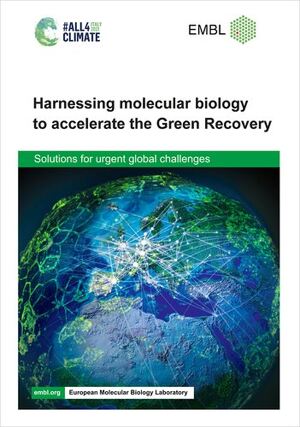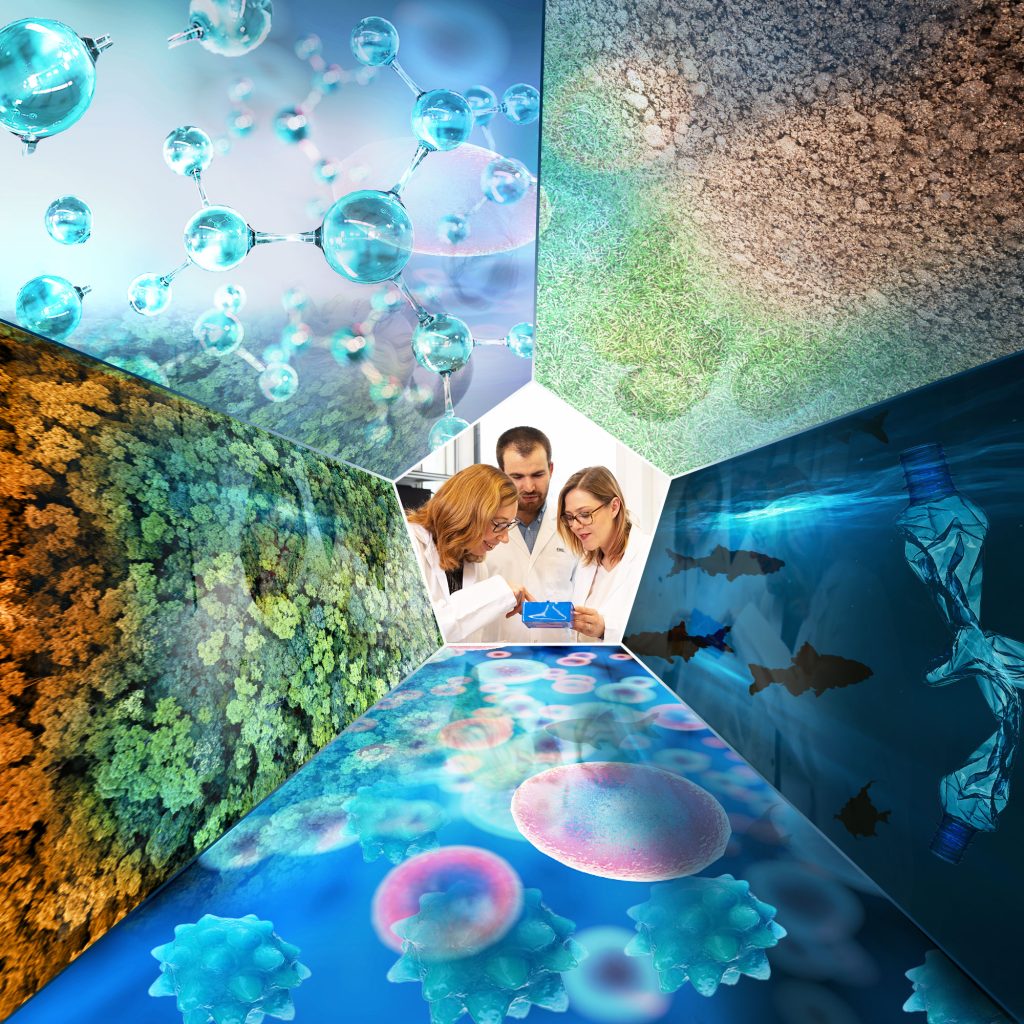
Environmental Research Initiative (ERI)
Help us to find novel solutions for our planet.
Transitioning to a sustainable organisation
Sustainability at EMBL reduces our environmental impact, finds solutions to the major global challenges and promotes sustainable science.
The area in which EMBL can have the biggest impact is through the research we conduct. With climate change and the state of our environment becoming a matter of urgency, EMBL is applying its expertise in these areas and contributing positively to finding solutions.
On this pages you will find examples of research activities taking place at EMBL which are tackling global challenges.

Help us to find novel solutions for our planet.
An expedition to study coastal ecosystems and their response to the environment, from molecules to communities
Find out moreEMBL is spearheading projects to identify solutions to tackle climate change and other global challenges.
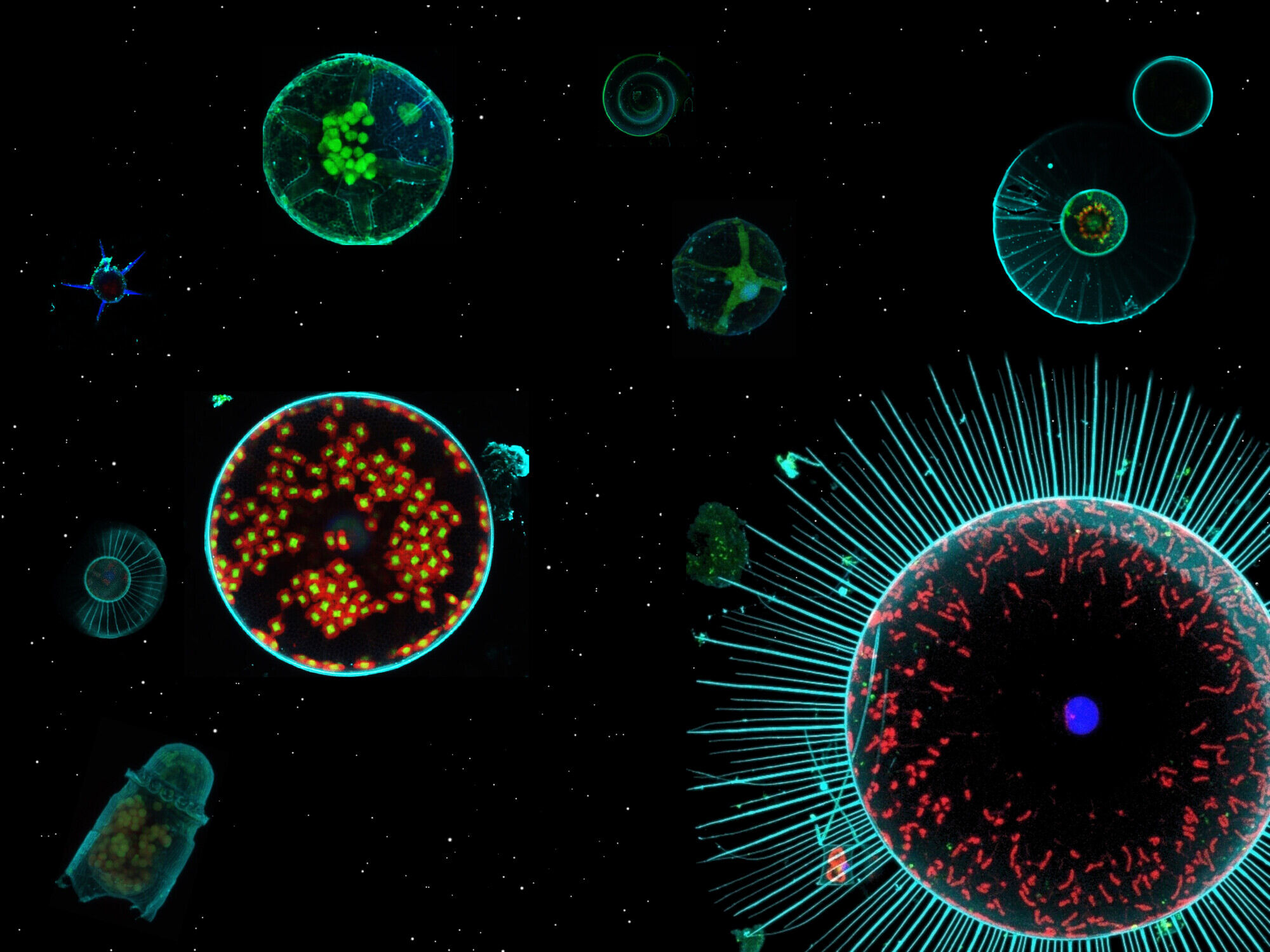
Understanding how plankton influences earth’s climate
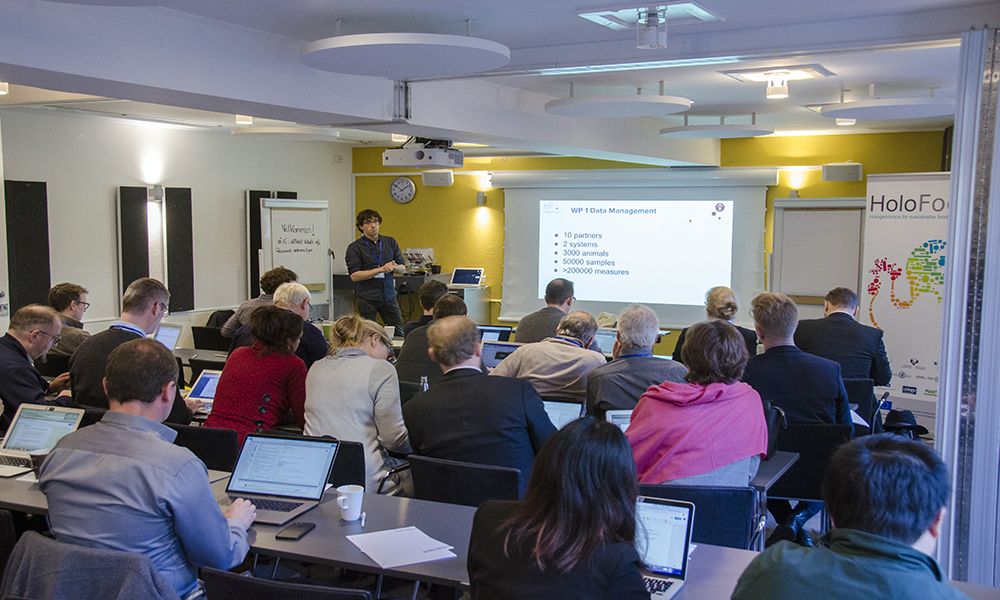
Harnessing the animal gut microbiome to improve meat production
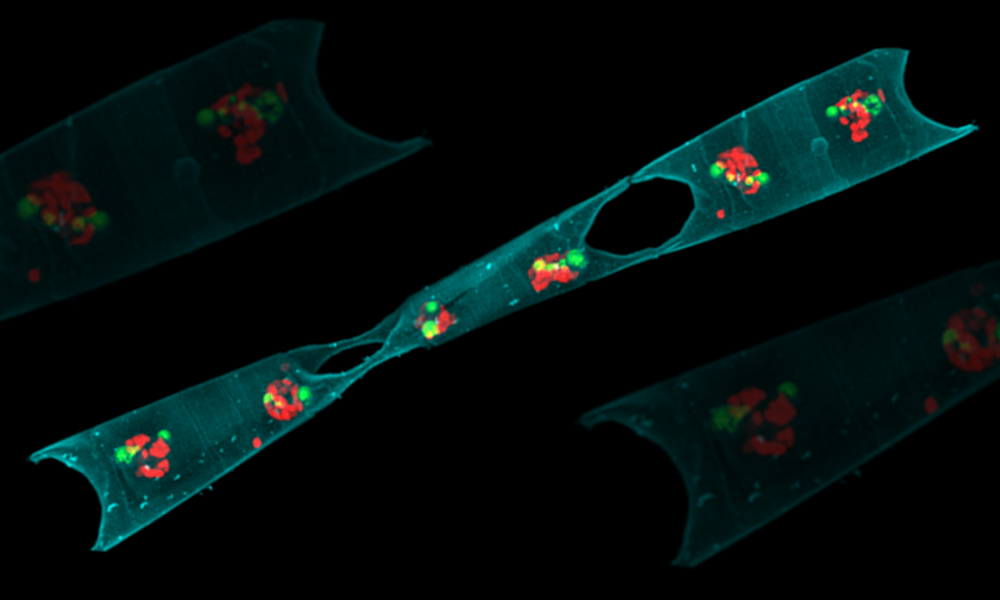
Shedding light on the distribution of nitrogen-fixers at a global level

Identifying enzymes that can degrade plastic and treat contaminated environments
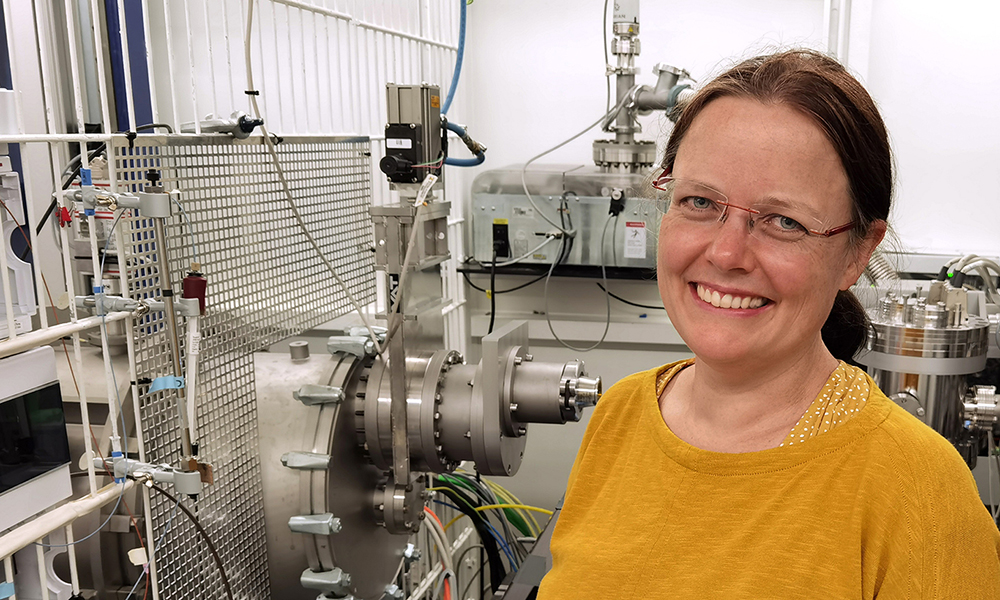
Applying structural biology to reduce nanoplastic pollution

Using genomic sequencing to strengthen biodiversity
The life sciences have a critical role to play in tackling our environmental crisis, and helping economies lead a Green Recovery.
Leading European molecular biologists came together in 2021 to identify current and potential solutions to challenges in four research areas: global warming, loss of biodiversity, biogeochemical flows, manufactured pollutants.
The findings are set out in the white paper Harnessing molecular biology to accelerate the Green Recovery, released to inform and stimulate debate at the UN Climate Change Conference of the Parties (COP26) in Glasgow and beyond.
Following this we co-authored an article calling for community-wide action to bring molecular biology to the forefront of climate change solutions.
